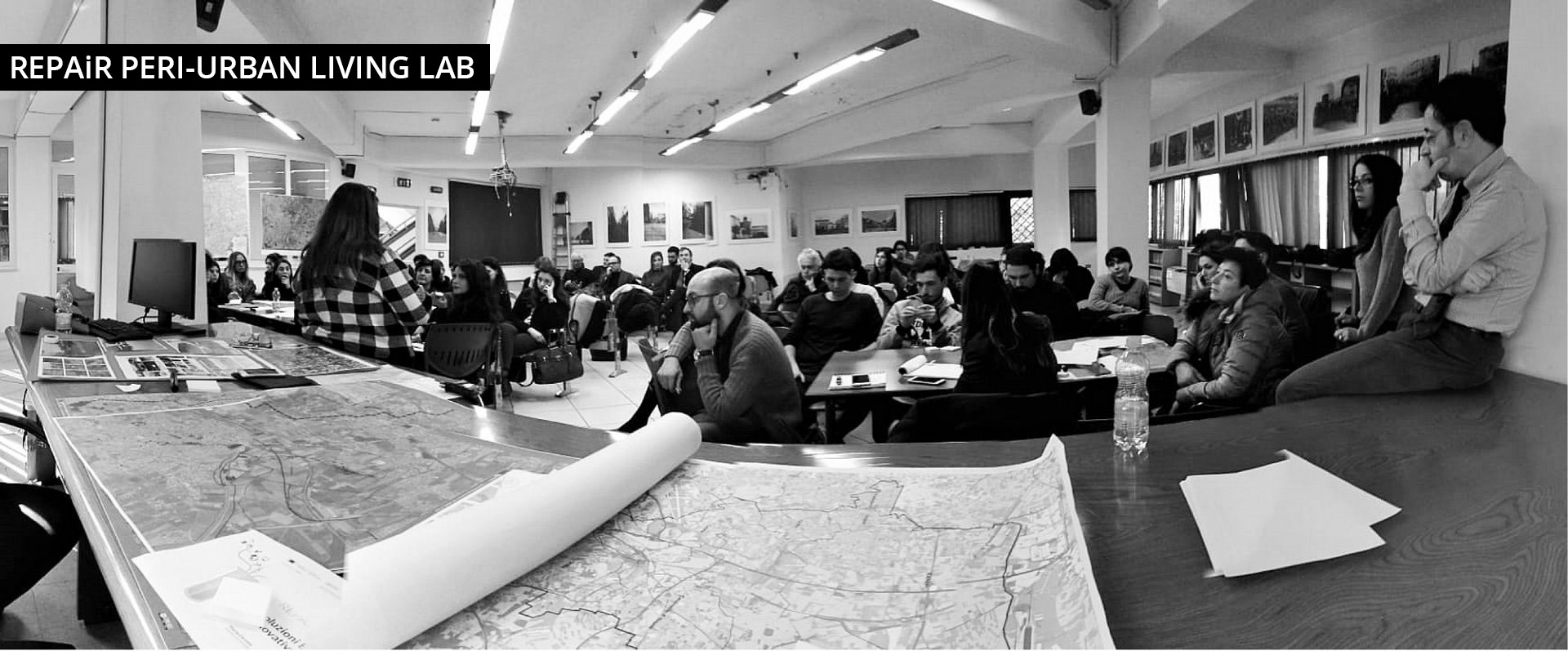
The ultimate goal of REPAiR PULLs is the development of place-based Eco-Innovative Solutions (EIS), and Eco-Innovative Strategies for a better management of material resources and Wastescapes in peri-urban areas, in order to move towards a more Circular Economy, and to activate processes of urban regeneration. The PULLs, as territorial laboratories of co-design, are focused on specific areas assumed as study cases, a significant part of peri-urban zones, for spatial and socio-economic conditions.
To achieve the main goal, the following steps are required:
- Identification and visual representation of peri-urban territories in order to define focus areas, samples and their boundaries, for each case study (In cooperation with WP3);
- Identification of the main objectives and challenges to be explored by the involvement of a network of identified key stakeholders (e.g. governmental institutions, companies and organisations; in cooperation with WP6/WP8);
- Definition of the objectives for developing Eco-Innovative Solutions (EIS), based on the challenges for improving waste cycles and implementing a circular economy; from the viewpoint of WP7 it includes the test of transferability of EIS co-created (see the next step) in the pilot areas, towards the follow-up PULLs – Knowledge transfer event in follow-ups);
- Co-creation of Eco-Innovative Solutions developing a catalogue of solutions, and focusing on co-creation processes open to possible implementations via future projects and investments;
- Provide structure to the co-creation process, in order to establish clear steps and phases necessary for the duration of the project and beyond;
- Definition of strategies, assembling the EIS with reference to the features of the enabling contexts, in order to trigger future local development processes (related to strategic planning, future investments, and so forth).




